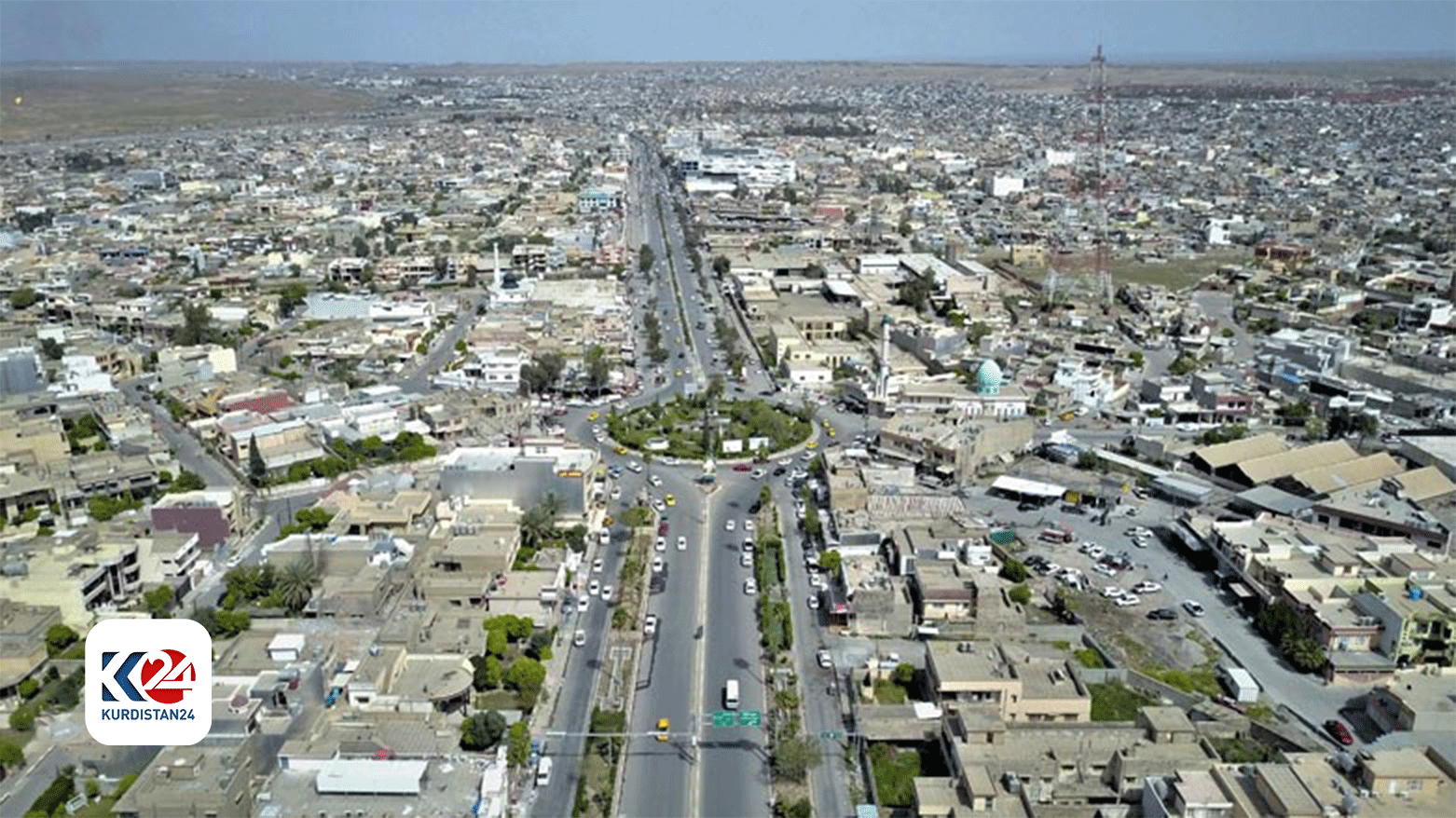First Iraqi provincial council elections since 2005 to be held in Kirkuk
The Kurds are trying to restore the city's Kurdish identity, which they allege was distorted by the events of Oct. 16, 2017.

ERBIL (Kurdistan 24) – The Iraqi Provincial Council elections to be held on Dec. 18 in Kirkuk will be the first of their kind in 18 years.
In Kirkuk, 870,920 people are eligible to vote to elect 15 members of the Kirkuk provincial council from 248 candidates selected from 10 coalitions, five independent lists, and three independent candidates.
In the elections, the Kurdistan Democratic Party (KDP) has 30 candidates, while the Patriotic Union of Kurdistan (PUK) has formed an alliance with the Kurdistan Communist Party, also totaling 30 candidates.
In the 2005 elections, Kurdish political parties in Kirkuk participated in the provincial council elections with the Kirkuk Brotherhood list. This list won 26 out of 41 seats as the first list in Kirkuk.
Currently, the Kirkuk Provincial Council has 15 seats.
The Kurds are trying to restore the city's Kurdish identity, which they allege was distorted by the events of Oct. 16, 2017.
Since Oct. 16, 2017, an authoritarian administration has taken over all administrative duties. The Kurds claim they became marginalized from most administrative positions and replaced by Arabs and Turkmen, which previously represented a minority in provincial councils and elections.
The chief position of governor and more than 100 other administrative positions were then taken away from Kurds.
Moreover, the new administration prohibits raising the Kurdistan flag or using the Kurdish language in official documents and public displays.
Kirkuk is home to a mix of ethnicities, primarily Kurds, Arabs, and Turkmen, and is the most emblematic of territories disputed between the Iraqi government and the Kurdistan Region.
Recently in August, Mohammed Shia' Al Sudani’s cabinet stressed the normalization of the Kirkuk situation, ordering the restoration of the KDP’s office in the province.
Sudani’s decision led to major protests by the Arabs and Turkmen in the city, who retaliated by blocking the Erbil-Kirkuk Road. Kurdish counter-protests immediately ensued. Four Kurdish protestors were shot dead.
The oil-rich province was under Kurdish Peshmerga forces' protection after ISIS emerged in 2014 and the subsequent collapse of the Iraqi army.
However, Kurdish attempts at secession from Iraq in 2017 led to a military invasion by the Iraqi Armed Forces, at the time causing a power vacuum that allowed ISIS to resurge, albeit slightly.
The Iran-backed Popular Mobilization Forces (PMF) led a ground assault on Kirkuk in Oct. 2017, a campaign pioneered by the renowned Iranian general, Qasem Soleimani.
That was the last of the Kurds in Kirkuk. They felt betrayed by the United States, who in the present setting has criticized Iran for arming and training proxy militias all over the region, in response to the Hamas-Israel conflict.
At the time, the US reasoned that a united, federal Iraq was the best weapon to defeat ISIS. The State Department Spokesperson at the time, Heather Nauert, reasoned "[B]ut holding a referendum or even a non-binding resolution at this time would distract from urgent priorities and that be the defeat of ISIS, the stabilization, the return of displaced people, managing of the region's economic crisis, and resolving the region's internal political disputes."
That reasoning must seem to haunt former Trump administration officials at this very moment, as Iran-backed proxy militias continue to pound American bases with rockets and drones. Ultimately, the oil-rich province of Kirkuk has provided a lifeline of cash flow that has strengthened these militias.
In the end, the US assassinated both Soleimani and senior PMF commander Abu Mahdi al-Muhandis with an airstrike in Jan. 2020.
Read more: Vandalism targets KDP electoral campaign posters in Kirkuk